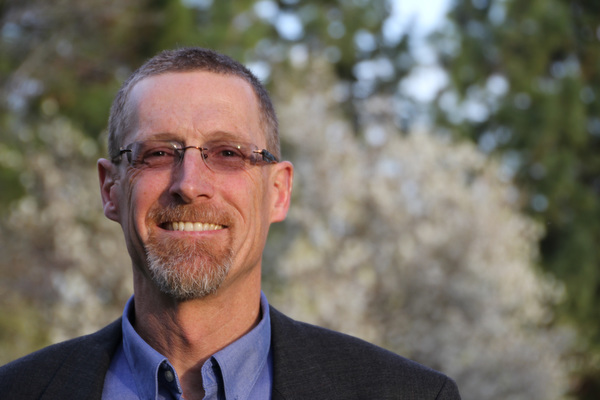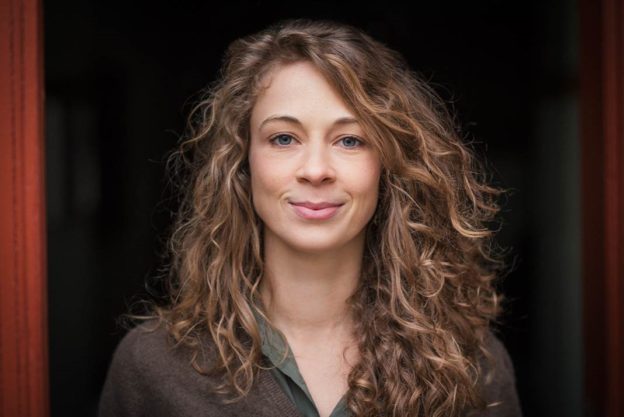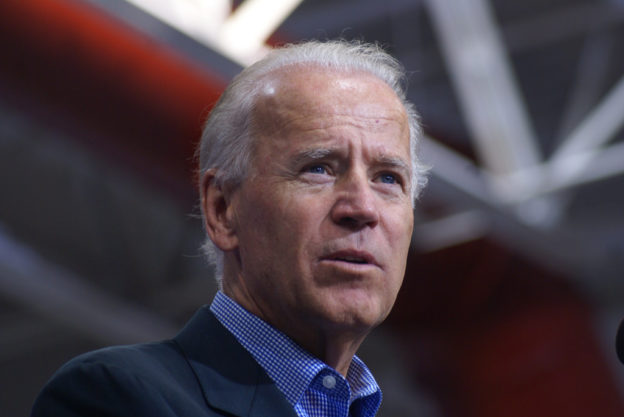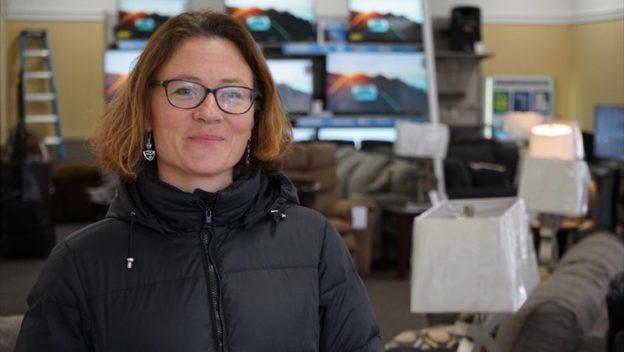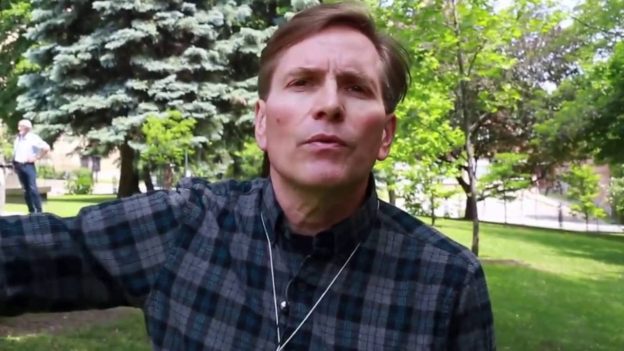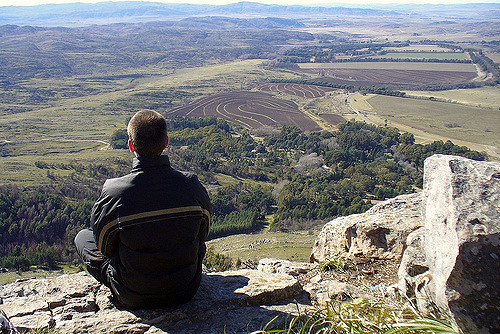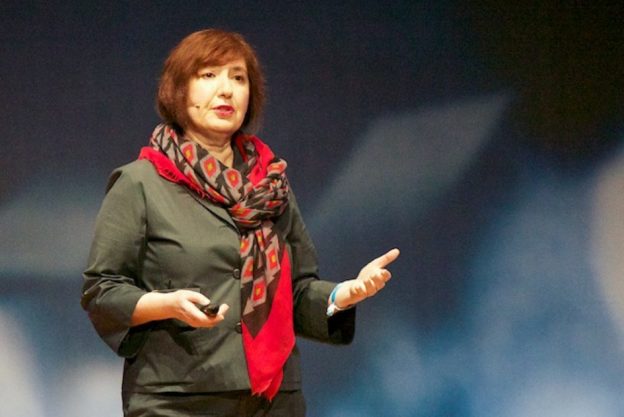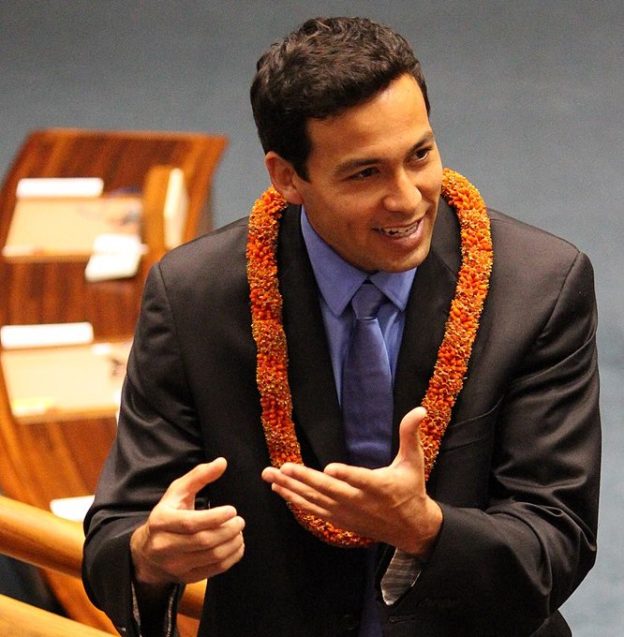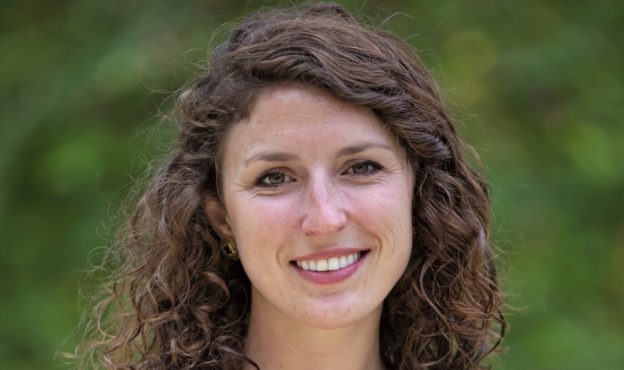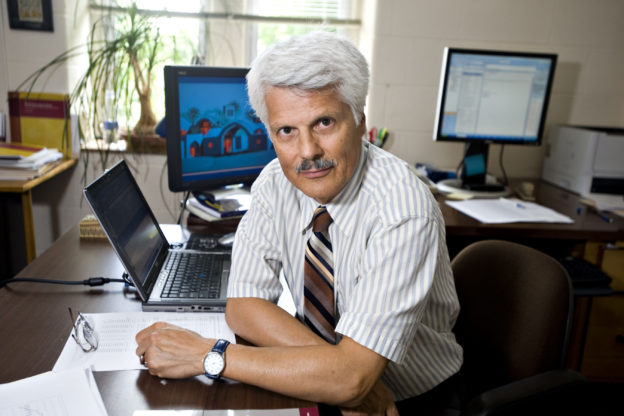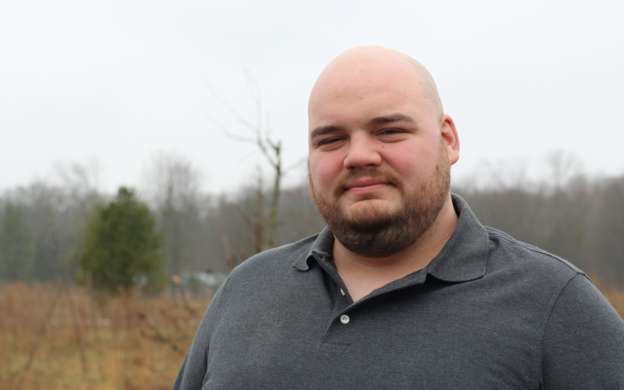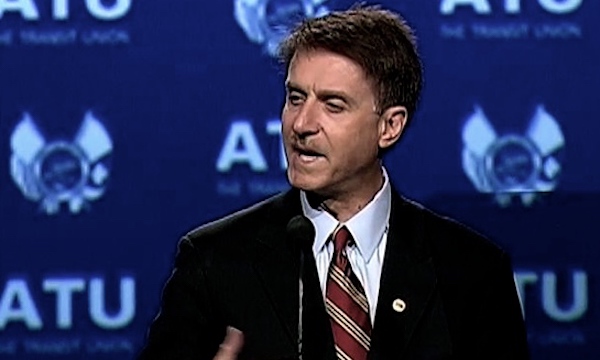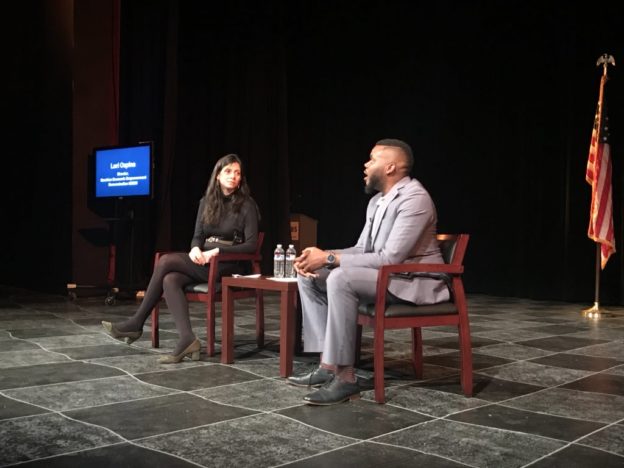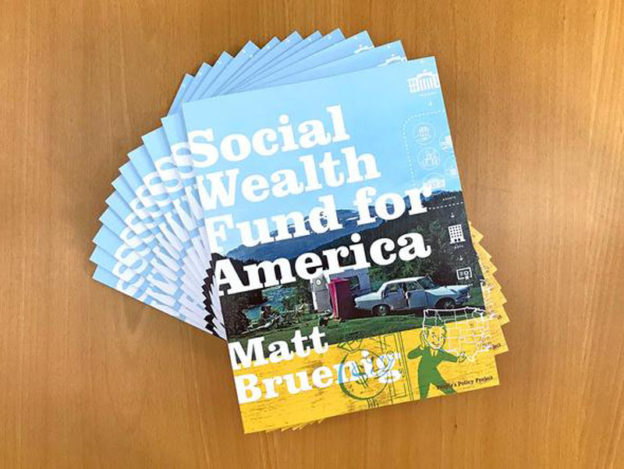Recently the idea of a “data dividend” has received renewed attention, due to interest from California Governor Gavin Newsom. The idea that people are entitled to a cut of the profits from the data they are producing from their online activity, and even location data that companies are collecting holds some intuitive appeal. But how would this work, and is it a feasible policy? Chris Benner, author and professor in the UC Santa Cruz Sociology Department, joins the podcast to help elucidate the data dividend idea.
Italy’s Five-Star Movement rose to power campaigning on a host of proposals, chief among them a “citizen’s income,” a cash assistance program. While there are obvious thing to like about the program, there are problematic elements as well, including the inclusion criteria, and what recipients have to do to stay on the program. Owen and Jim break down the program and discuss whether or not the program should be seen as a step in the right direction.
In this discussion episode, Owen and Jim take on some of the major events of the last few decades, asking the question, how would things have been different if we’d had a basic income? The episode examines climate-related disasters, such as the recent fires in California, mass incarceration, and the election of Donald Trump. Examining concrete events in the past helps us consider how basic income might play out in the future.
In Germany, a group called Sanktionsfrei (“sanctions free”) is experimenting with a unique intervention into a public program. Germany’s unemployment benefit system, often referred to as Hartz IV, contains many punitive sanctions for missed filings, appointments and the like. Sanktionsfrei is randomly selecting 250 individuals receiving Hartz IV benefits and automatically reimbursing any fees they incur. While this is a financial help to some, the greater benefit may be the reduced mental strain of having to worry about meeting all of the requirements to get their full benefits. We spoke with Helena Steinhaus, one of the leaders of the Sanktionsfrei movement about this program and what they hope to accomplish.
Owen and Jim discuss Vice President Joe Biden’s recent objections to basic income, and the practical and philosophical points that come up around basic income and employment. They delve into why a basic income could be good for workers and how automation has both driven and skewed the basic income conversation. They also touch on the increasing precarity of today’s jobs and the highly valuable work that goes uncompensated. This episode originally aired in September 2017.
How would a basic income impact the disabled community? We delved into this question with social anthropologist Annie Harper of the Program for Recovery and Community Health, Yale School of Medicine. Harper, who works with mentally disabled people, describes the hopes and concerns a basic income offers. This episode was originally broadcast in November 2017.
How much would a basic income in the United States actually cost? What are the most common mistakes people make when calculating a basic income? To answer these questions, we spoke with Karl Widerquist, who has been studying and writing about basic income for three decades. Widerquist recently published a “back of the envelope” calculation on basic income which produced some surprising results. This episode was originally broadcast in September 2017.
We often talk about what effect a universal basic income would have on financial stability, but what about our mental state? Jim and Owen delve into the research around poverty and cognition, and explore the differences between an abundance mindset and a scarcity mindset. This episode was originally broadcast in June, 2017.
When considering the impact of basic income, we usually think of it as a standalone policy — but there’s nothing stopping us from imagining UBI as one piece of a larger policy framework. In this episode, Marina Gorbis, Executive Director of Institute for the Future, shares her perspective on a comprehensive framework for the future: Universal Basic Assets. This episode was originally broadcast in July, 2017.
In 2017, Hawaii became the first state to pass legislation on universal basic income, declaring that everyone in the state deserves basic financial security. The bill’s author, Representative Chris Lee, joined the Basic Income Podcast to discuss the legislation and his views on basic income. This is a rebroadcast of an episode that aired in June 2017.
Recently, we lost a basic income champion: Gerald Huff. Huff was a technologist, entrepreneur and, at the end of his life, author of Crisis 2038, a sci-fi novel that has basic income as a central plot element. Huff died of pancreatic cancer on November 17th. His daughter, Jane Huff, and basic income advocate Scott Santens joined the podcast to remember Gerald and discuss his novel and basic income advocacy.
Crisis 2038 is available now as an ebook on Amazon, and the paperback version is available for preorder.
Much of the momentum around basic income is at the municipal level: Stockton’s trial will start soon, Chicago is creating a basic income task force, and a handful of other American cities are exploring basic income or other cash transfer programs. For many mayors and city council members, basic income is an unfamiliar concept. That’s why the Stanford Basic Income Lab created a toolkit for cities interested in basic income. This guide covers everything from past basic income research to managing expectations and media narratives. Catherine Thomas, a PhD Candidate in the Stanford Psychology Department and Graduate Fellow in the Stanford Basic Income Lab joined the podcast to discuss this exciting new resource.
In 2010, Iran replaced their energy subsidies with a cash transfer program, which was originally intended only for poor Iranians, but was expanded to go to everyone. We now have ample data to examine the effects on labor supply and a handful of other social metrics. Much of our knowledge of Iran’s program comes from a study co-authored by our guest this week, Djavad Salehi-Isfahani, a professor of Economics at Virginia Tech, and a Non-resident Senior Fellow at the Brookings Institution. Dr. Salehi Isfahani explains both the economic impact of the program and the public reaction to it.
A recent example of the power of unconditional cash is the My People Fund, launched by the Dollywood Foundation in the wake of the 2016 Kentucky wildfires. This program provided people who had lost their homes with monthly cash support to help them recover. Dr. Stacia Martin-West from the University of Kentucky analyzed the impact of this program and came on the podcast to discuss what she found.
We often talk about the desire for more trials and programs that give people unconditional cash, but one has been going on for decades: per capita payments in Sovereign Native American Nations. Under these programs, the nation is provided a revenue source–typically but not always from a casino–and this may be used in a number of ways, including “per-capita” payments to everyone in the nation. Payments vary in size, number of recipients, and duration. Thomas Klemm of the Pokagon band of the Potawatomi Indians, who is conducting qualitative research on per-capita payments, joined the podcast to discuss these programs and the impact they’ve had.
News broke recently that the city of Chicago has formed a task force to examine the future of work and a potential basic income pilot study. Alderman Ameya Pawar joined the podcast to discuss the motivation behind this initiative, who will be on the task force, and its current status.
Basic income pilots are ongoing or starting soon in Finland, Ontario, Stockton, Jacksonville, East Africa and two other U.S. states to be announced. These represent some of the most exciting developments in the basic income space, but it’s worth taking a step back to think about why we invest the considerable time, energy and money it takes to run a pilot. In this discussion episode, Owen and Jim delve into what pilots have meant so far to the basic income discussion, and where they might take us in the future.
A big open question around universal basic income is how the policy would relate to organized labor in the United States. While Andy Stern, former President of SEIU, the country’s largest labor union, is very supportive of basic income, others in the labor world are far more skeptical. To hash out some of the concerns there, Jim spoke with Ed Wytkind, President of EW Strategies and Senior Advisor to the AFL-CIO.
As listeners of the podcast will almost certainly know, Stockton, California is planning a basic income trial for 2019. Jim spoke with Stockton Mayor Michael Tubbs and project leader Lori Ospina about new details regarding how the program will be structured, how recipients will be selected, and the challenges and responses so far to the Stockton Economic Empowerment Demonstration. For more information, you can go to StocktonDemonstration.org.
One of the leading ideas on how to implement a basic income is a social wealth fund, similar to Alaska’s Permanent Fund, in which a government maintains a fund of various assets and provides dividends to everyone who lives within its borders. Matt Bruenig, President of the People’s Policy Project, recently designed a detailed proposal for implementing a social wealth fund in the US that would be financially and politically stable. He spoke with Jim about how he crafted this design and how he plans to advance it.
